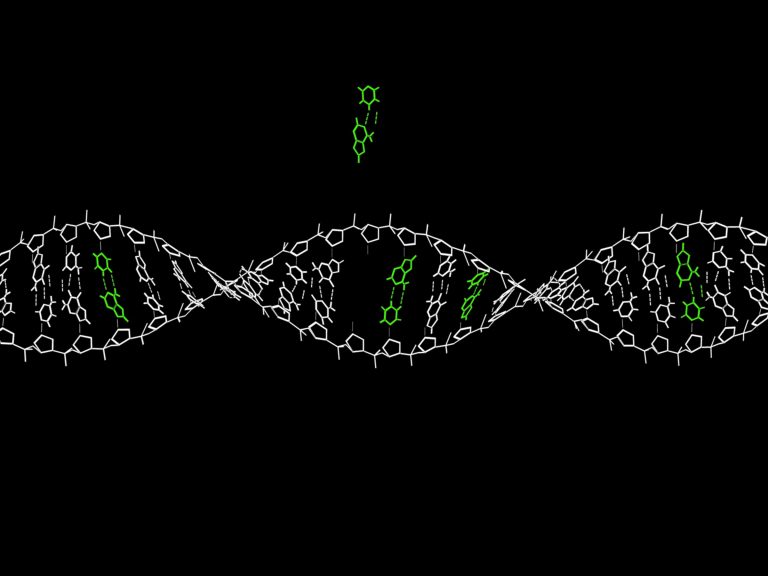Ученые из Гарвардского университета представили новый тип генного редактирования — праймированное редактирование, которое может превзойти инструмент CRISPR/Cas9. Их исследование опубликовано в журнале Nature.
Праймированное редактирование позволяет добавлять или удалять конкретные участки генетической информации. Особенностью этого типа редактирования генов является то, что он работает только с одной нитью ДНК, а не с двумя. Это снижает количество ошибок и позволяет редактировать гены с точностью до 89%.
Традиционный на сегодняшний день инструмент для редактирования генов CRISPR/Cas9 в среднем делает от 1 до 10 ошибок за операцию.
Авторы исследования протестировали праймированное редактирование генов на нескольких клетках человека и мышей, внеся в ДНК более 175 правок. В ходе эксперимента они добавили, а потом вырезали мутации, которые провоцируют развитие серповидно-клеточной анемии, муковисцидоза и болезни Тея — Сакса.
При этом для выявления статистических ошибок ученым необходимо проводить дополнительные исследования, которые могут длиться несколько лет.




